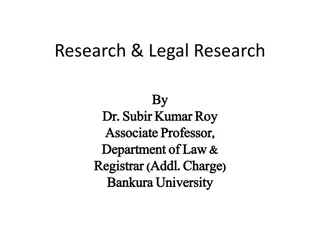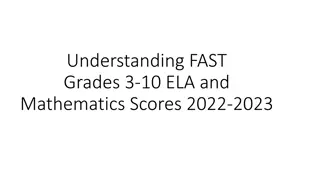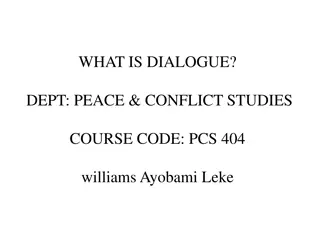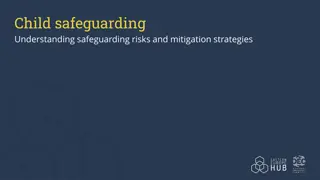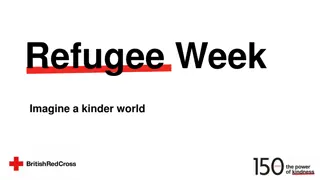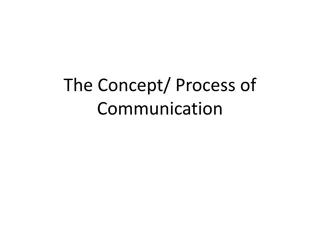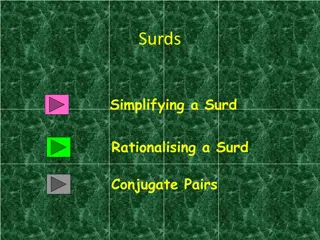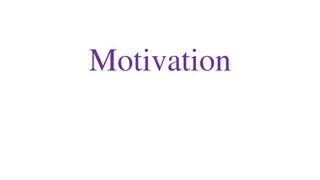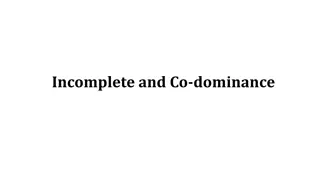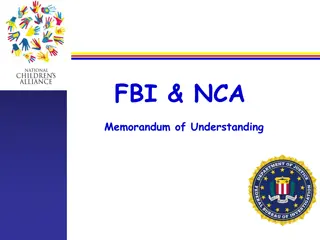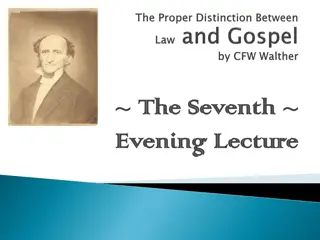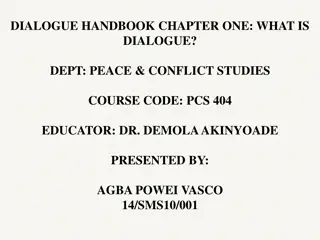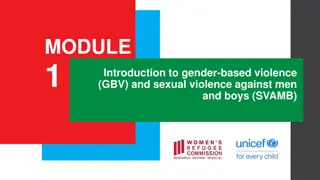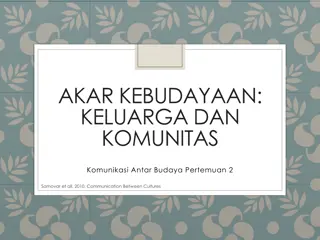Understanding Sutra and Mustahabbat of Salah
In Islam, a sutra is an object placed in front of a person praying to prevent others from passing directly in front of them. It is recommended to observe certain etiquettes during Salah, such as not crossing in front of a praying person and putting up a barrier if needed. Mustahabbat are recommended actions in Salah that yield rewards when practiced but don't incur sins when omitted. These include specific postures and actions during prayer. Understanding these concepts is important for observing proper prayer etiquette.
Download Presentation

Please find below an Image/Link to download the presentation.
The content on the website is provided AS IS for your information and personal use only. It may not be sold, licensed, or shared on other websites without obtaining consent from the author. Download presentation by click this link. If you encounter any issues during the download, it is possible that the publisher has removed the file from their server.
E N D
Presentation Transcript
SUTRA & SALAH What is a Satra? What are the Mustahabbat of Salah? What are the Makruhaat of Salah?
Sutra We should never walk directly across a person performing salah, i.e between that person and the direction of Qiblah. The Prophet (peace be upon him) said: "If the one crossing in front of a praying person knew what sin is upon him, it would be better for him to wait for forty than walk across." Abu An-Nadr (one of the narrators of the hadith) said: "I don't know whether he said forty days, months or years." (Sahih al-Bukhari) The Prophet (peace be upon him) would place a spear or an item in front of himself when performing salah in an open space. He would do this so people could pass by in front of him without passing directly across him whilst he was busy in salah. Using or placing such an item for this purpose is called 'sutrah'.
Sutra A sutrah can be anything like a table, chair, stick, pole, etc placed on one side with the condition that it is : an arm's length 1. at least as tick as a finger. 2. Upright 3. If a person who intends to pray thinks that someone will pass by, then it is recommended (mustahab) for him to place barrier (sutra) in front of himself. It is a sin to pass immediately in front of a person praying, but that person s prayer will not be invalid (as people commonly yet mistakenly believe).
Mustahabbatof Salah What is Mustahab? It is that action which the Prophet (peace be upon him) or Sahabah practiced upon seldomly. By practicing upon it a person will be rewarded but by leaving it out he won t get any sins. Fuqaha also term it as nafil, manduband tatawu . What is the difference between Sunnah and Mustahab? Whatever the Prophet (peace be upon him) was persistent upon, without leaving it out casually without an excuse is sunnah, and whatever was done without persistence, or the Prophet (peace be upon him) never even performed it, however merely encouraged towards it will be termed mustahab.
Mustahabbatof Salah 1. The sleeves should not be covering one's hands when saying Takbir Tahrimah 2. A person should look at the place of sajdah when standing in qiyam. 3. Whilst in ruku, a person should look towards his toes keeping his back straight, and his head and neck in alignment with his back. 4. Whilst sitting in salah, a person should focus his gaze on his lap and at his shoulders during salam.
Mustahabbatof Salah 5. To say the tasbih of ruku and sajdah more than three times for a person performing salah alone. 6. One should try to suppress a yawn as much as possible. However if one does yawn then they should cover it with the upper portion of the right hand in qiyam and the left hand in all other postures.
Makruhaatof Salah What is Makruh? Makruh(or Karaha) linguistically means to dislike or detest . Technically, it refers to an act that is disliked in Shariah. There are two types of Makruhaat: MakruhTanziha 1. MakruhTahrima 2. These will be explained in the following slide.
Makruhaatof Salah MakruhTanzihan MakruhTanzihan or KarahaTanzihiyya refers to an act that is detested in Shariah, without the promise of punishment for the one who carries it out. It is closer to the lawful (mubah) than the unlawful (haram). Examples: Wasting water whilst performing ablution or being miserly with it; 1) Not taking a bath on Fridays 2) Not using the Siwak whilst performing ablution 3)
Makruhaatof Salah Ruling on MakruhTanzihan The one who abstains from it will be rewarded, and the one who practices it will not be punished. However, to make a habit of it is considered offensive.
Makruhaatof Salah MakruhTahrima MakruhTahriman or KarahaTahrimiyya is a command for abstinence that has been established by speculative proof (dalil dhanni). It is closer to the unlawful (haram) and can also be defined as being in diametrical opposition to a Wajib. Examples: To hasten in offering the various integrals of Salat, such as the two prostrations (sajda) and sitting in between them; 1. Fasting on the day of Eid al-Fitr; 2. Buying and selling when the call for prayer (adhan) of Jumu ah takes place; 3.
Makruhaatof Salah Ruling on MakruhTahrima Failure to abstain from such acts necessitates a sin and punishment in the hereafter, though the punishment will be of a lesser degree than that for committing a Haram, and abstinence will merit a reward. The one who rejects it to be unlawful will not come out of the fold of Islam, as opposed to Haram.
Makruhaatof Salah These are the things which do not render the Prayer void, yet make it defective and unsound. 1. To miss our a sunnah intentionally. 2. Playing with one's clothes. 3. Cracking one's joints. 4. For a male to have his sleeves rolled up above the elbows. 5. Making the second rak'ah longer than the first in a manner whereby you recite more Qur'an in the second than the first Rak'ah. 6. After Surah Fatihah, to recite the same surah in every rak ah.
Makruhaatof Salah 7. To recite surahs in a manner which are against the order in the Qur an. 8. To perform salah whilst in need of answering the call of nature. 9. For a male to rest his arms on the ground whilst in sajdah. 10. To pray in such clothes which people do not ordinarily go out in. It is disliked to turn one's neck in Salah. If a person turns his chest 45 degrees or more from the Qiblah, then the salah will become invalid. If a person turns less than 45 degrees, his salah will not become invalid. Also note, during sajdah, the feet should be touching the ground. If a foot is lifted from the ground completely during a sajdah for the duration of one tasbih, the salah will be invalid.








